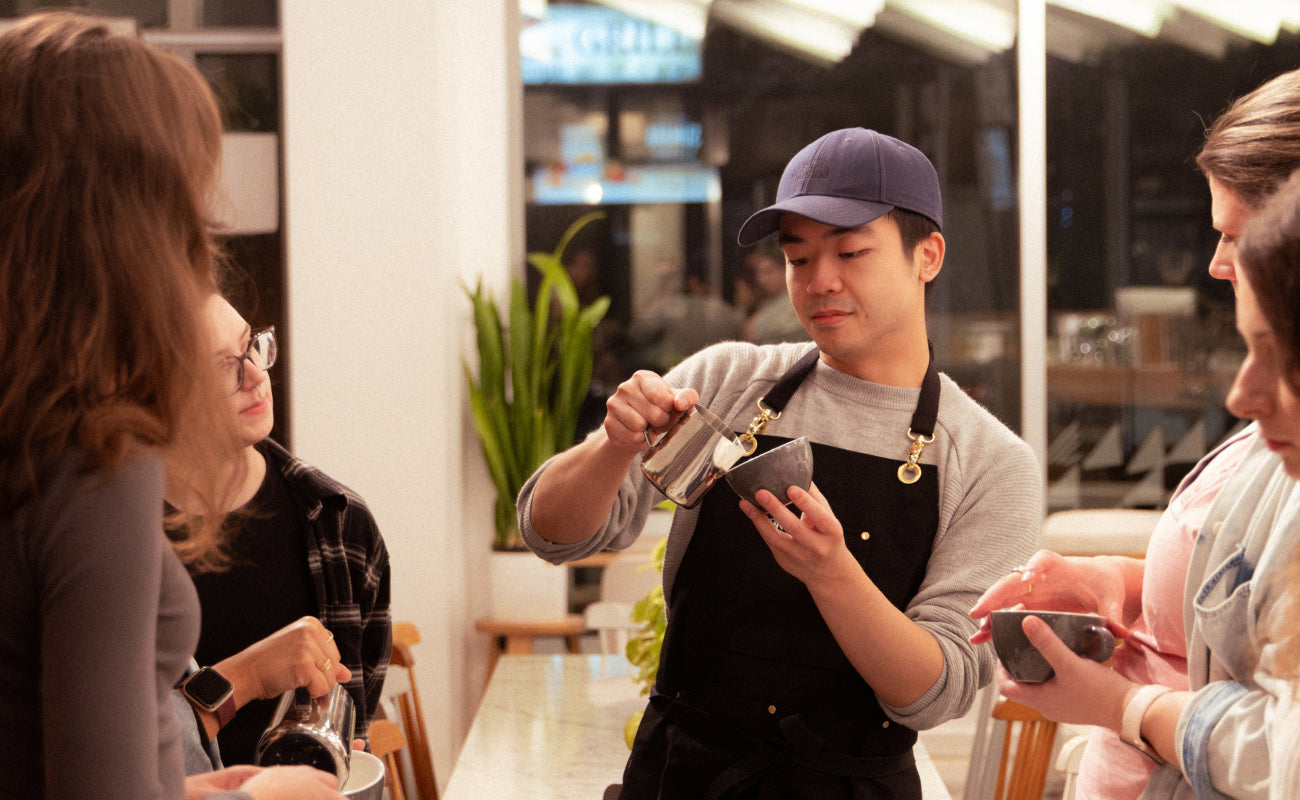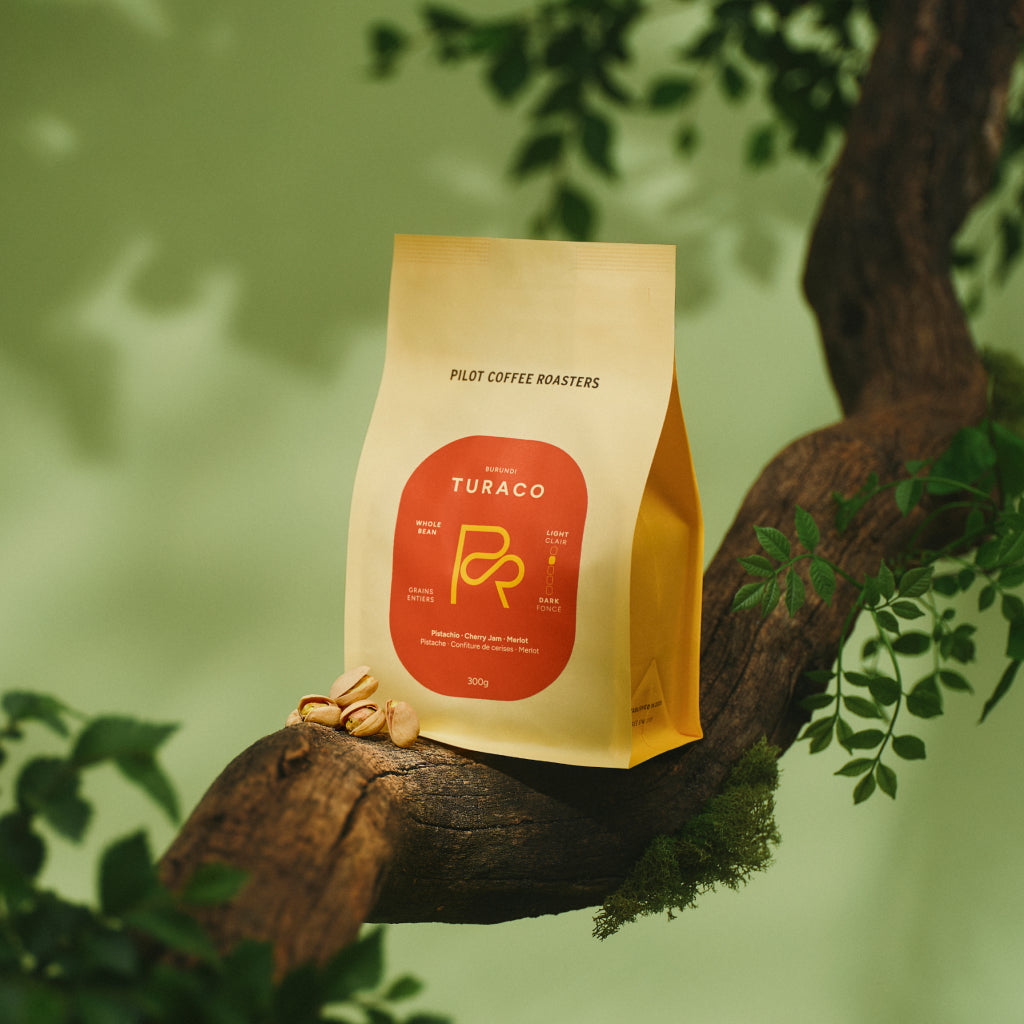
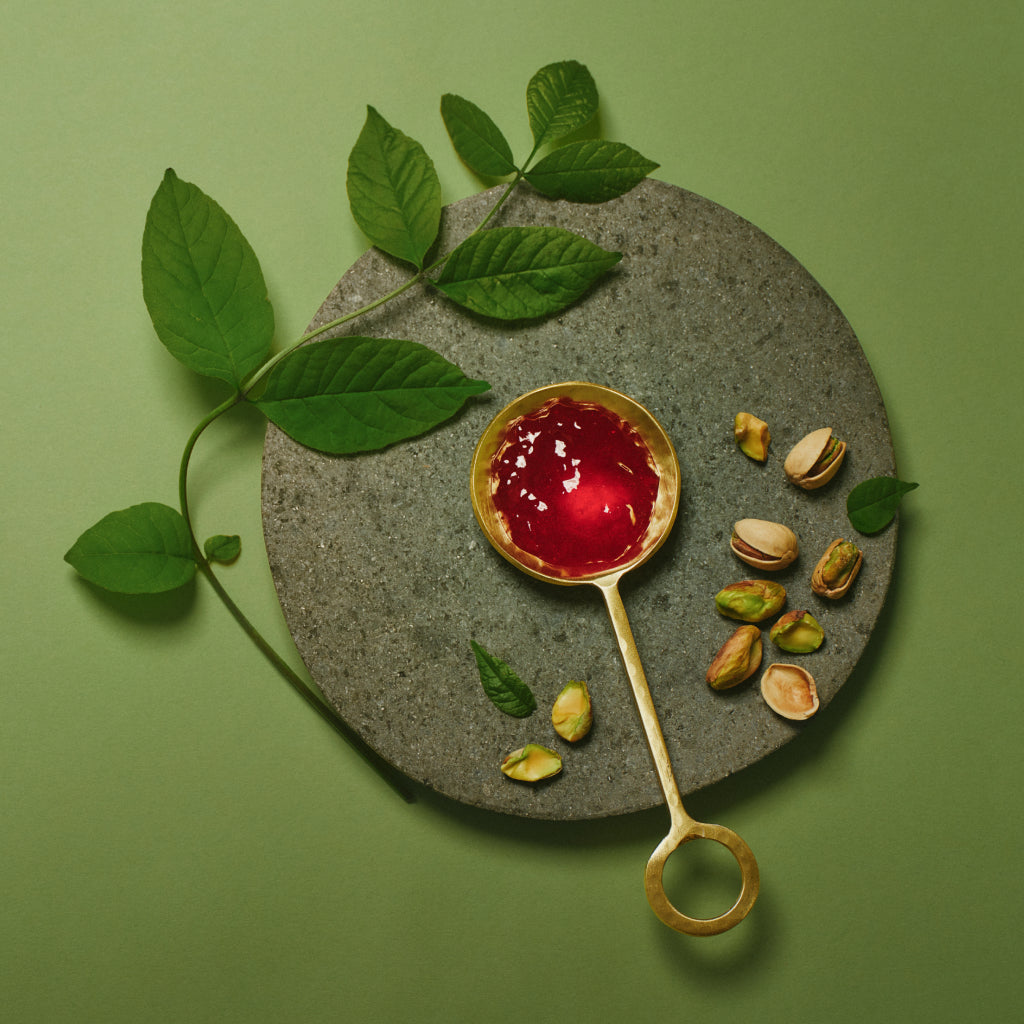
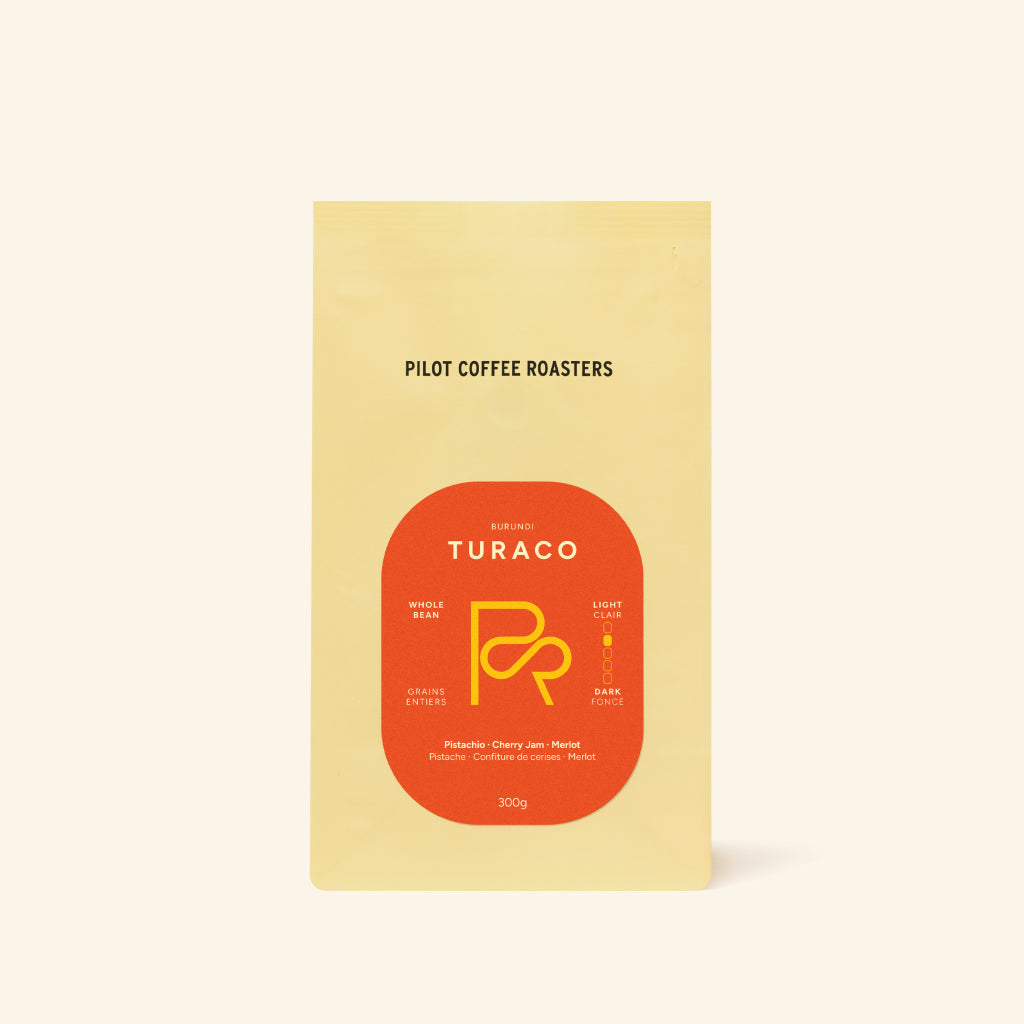
Turaco – Burundi

Named after the brightly coloured bird spotted across Burundi, Turaco is a blend of microlots from the best washing stations in Ngozi province.
Burundi coffees are renowned for their intense fruitiness and sparkling acidity, which is elevated through anaerobic fermentation. This is a process where fresh cherries are sealed in an oxygen-free environment to enhance its bright, fruity character.
Our commitment to quality means sourcing coffee at its peak. This coffee is no longer available online. Keep an eye out for its next release!
Choose options



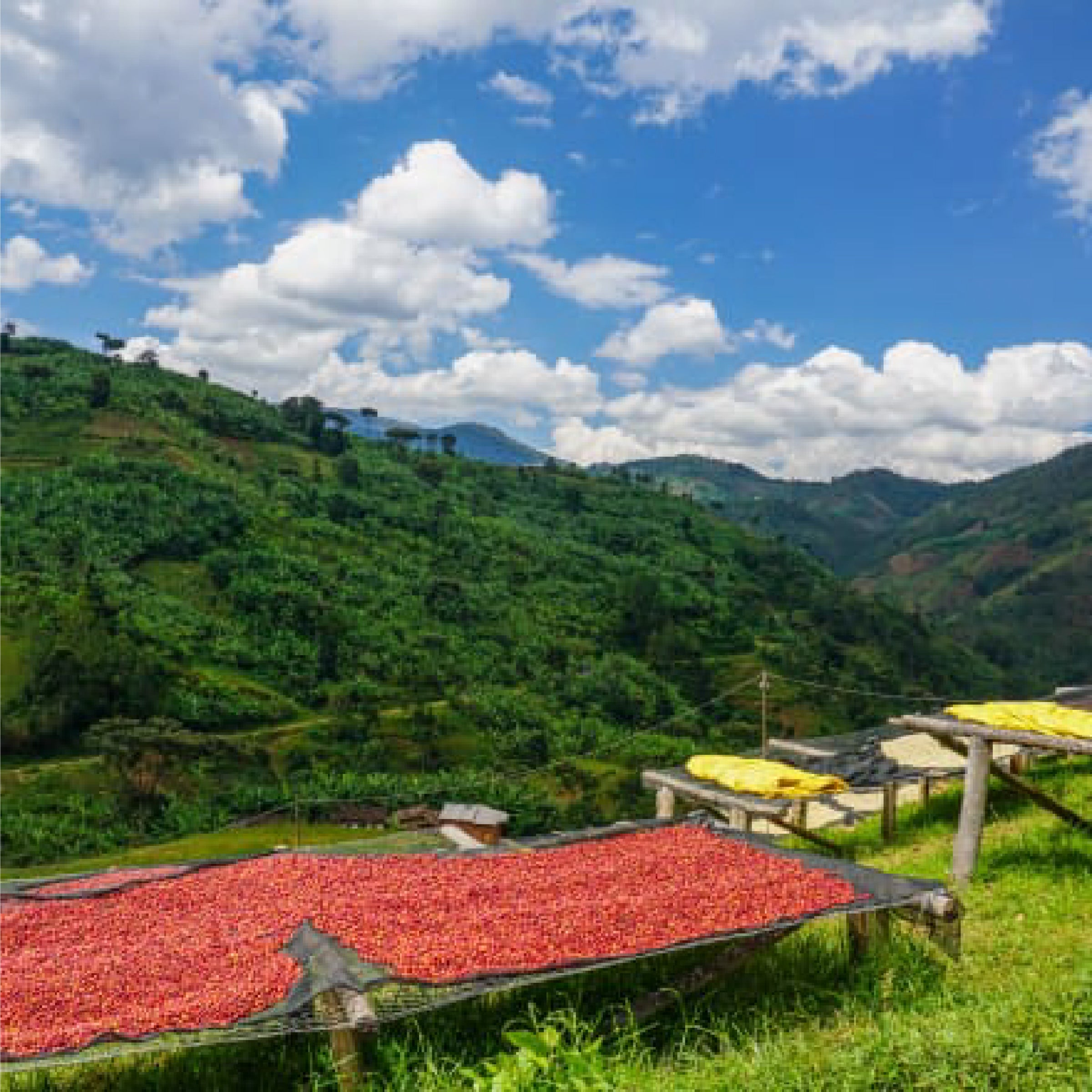
People & Place
Turaco, Various Smallholders

The Land
Ngozi, Burundi
Brew Methods & Recommendations
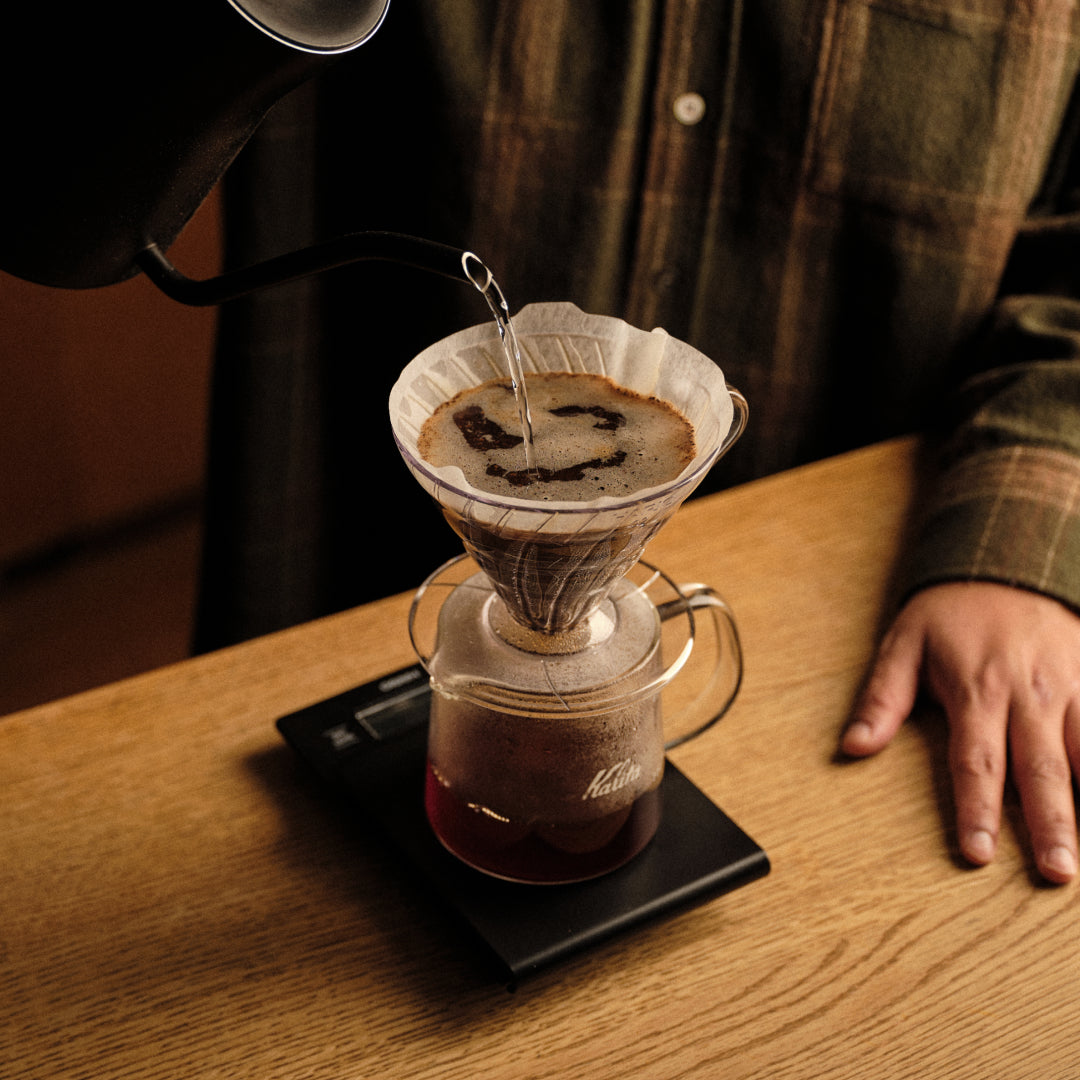
Drip
Flavours of raspberry jam and merlot. Low-medium acidity, medium-high sweetness and smooth body.
Brewer: V60
Ratio: 1:16
Coffee: 20g
Water: 320ml
Brew Time: 3:15-3:30 minutes
Rest Period: 9 days
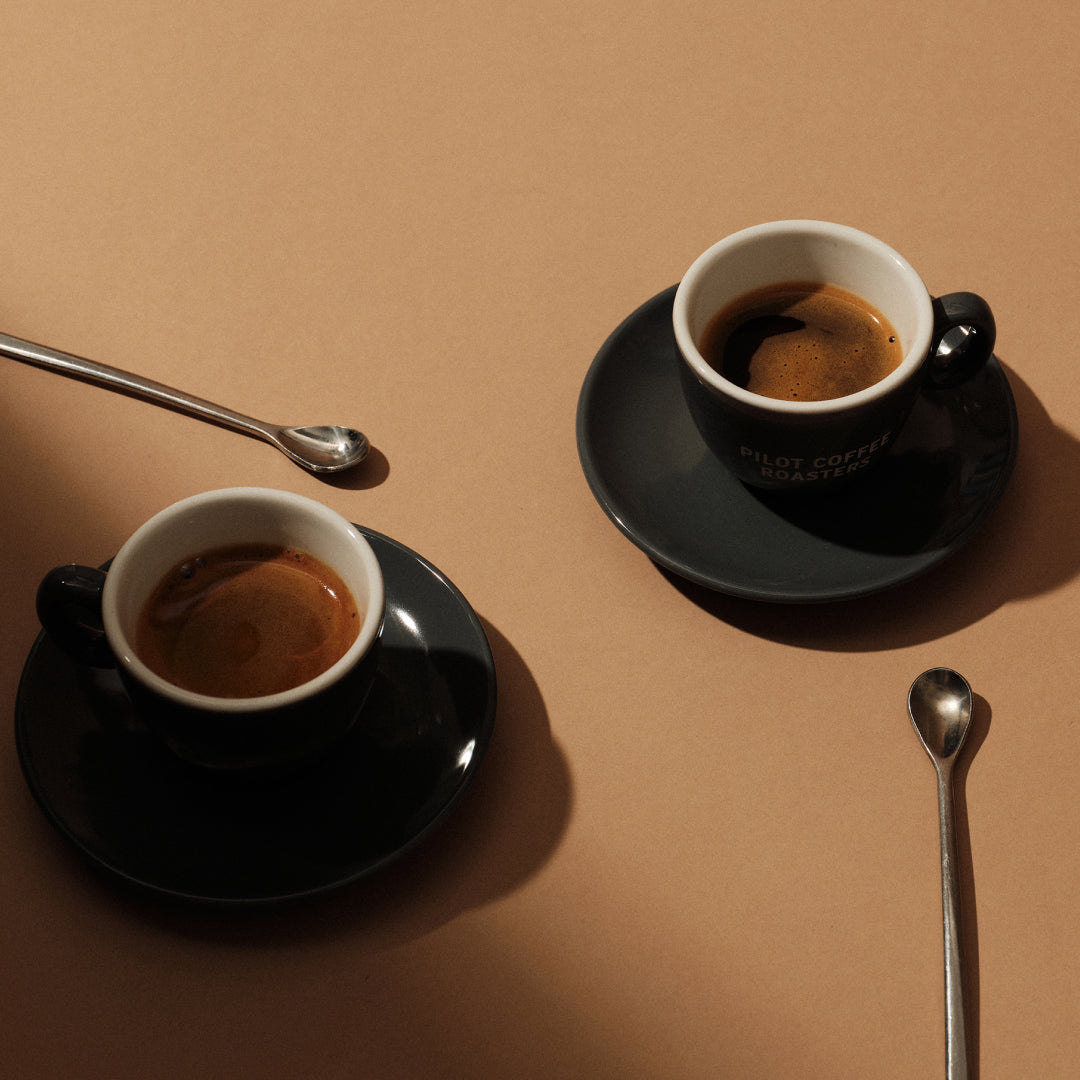
Espresso
Flavours of tart cherry and hops. High acidity, medium sweetness and syrupy body.
Ratio: 1:2.7
Coffee: 20g
Water: 54ml
Brew Time: 28 seconds
Rest Period: 15 days
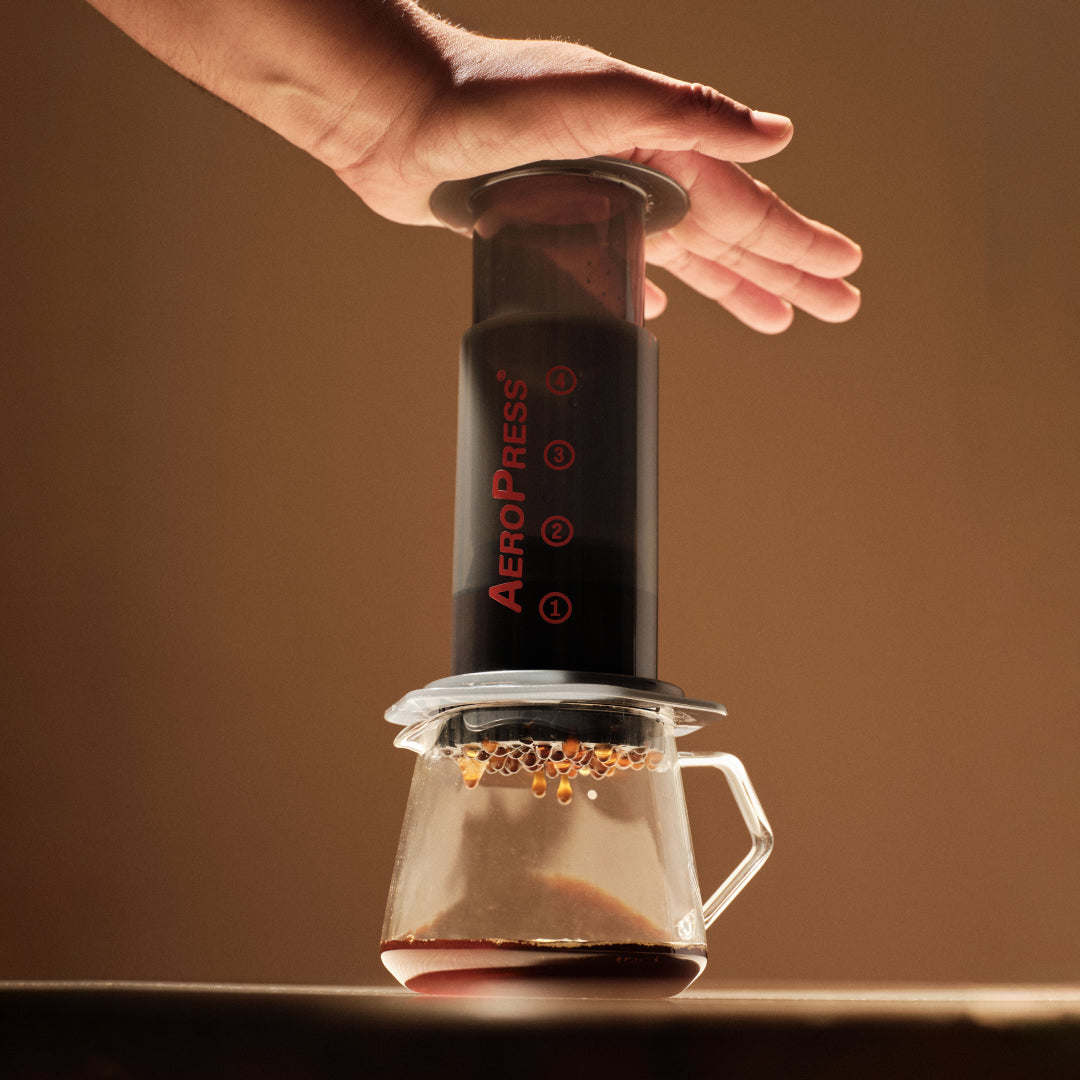
Immersion
Flavours of papaya and sour cherry. High acidity, medium-high sweetness and juicy body.
Brewer: AeroPress
Ratio: 1:15
Coffee: 16g
Water: 240ml
Brew Time: 3-3:45 minutes
Rest Period: 7 days


